The chip manufacturer responsible for a wide array of "internet of things" devices, Cypress Semiconductor, has announced an updated version of its development kit, adding HomeKit support and iCloud certification to the package.
With the update, developers can utilize iCloud support in the WICED software development kit in conjunction to create devices that connect directly to Siri voice control and the Apple Home app remotely and don't need a supporting bridge. The WICED platform is currently in use with the Leviton Decora Smart family of switches and dimmers.
The Cypress CYW43907 system-on-a-chip (SoC) integrates dual-band IEEE 802.11b/g/n Wi-Fi with a 320-MHz ARM Cortex-R4 RISC processor, coupled with and 2 MB of SRAM to run vendor's code to drive the devices. The WICED SDK used to develop with the Cypress chipset includes code examples, tools, and support for the SoC.
The entire kit now supports low-power Bluetooth, Bluetooth Low Energy, and Wi-Fi. The installer for the SDK is supported on Windows, macOS, and Linux.
The end-user won't immediately see any benefits from the new release. However, the new chip and SDK are the first turnkey solution from the company for HomeKit and Siri.
It is unclear if the advances in the SDK can be applied to existing solutions, but the development and Apple approval of newer products with the pair should be much more rapid.
Introduced in 2014, HomeKit allows users to connect to a variety of compatible so-called "internet of things" devices through the iOS Home app in conjunction with each other, as opposed to a series of disconnected interfaces. In the forthcoming iOS 11, Apple has loosened some requirements for device manufacturers, and is allowing for communications encryption to be done in software, rather than mandating an encryption chip.
 Mike Wuerthele
Mike Wuerthele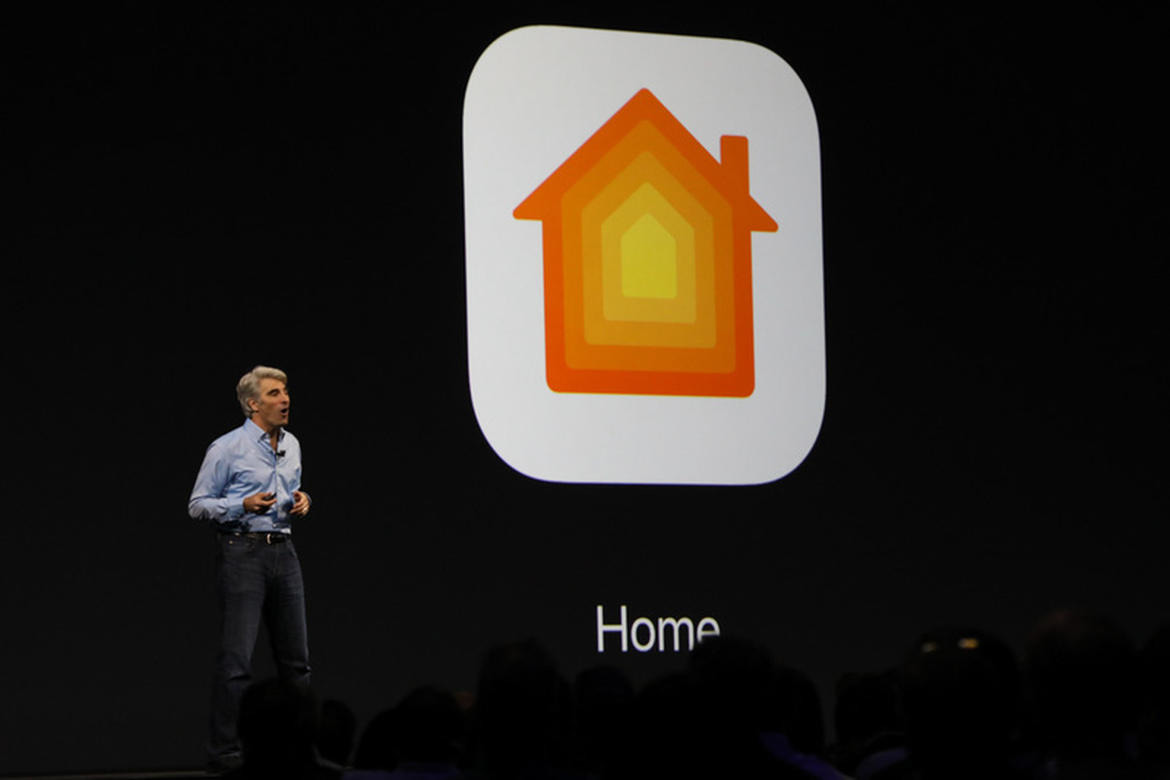
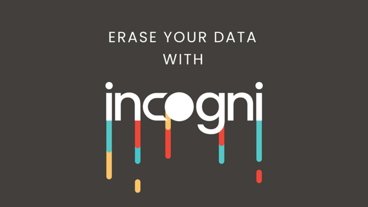







 Christine McKee
Christine McKee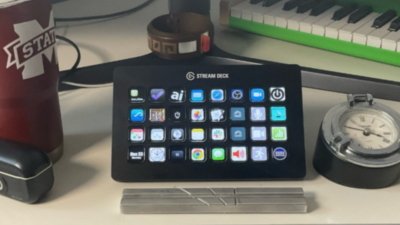
 William Gallagher
William Gallagher
 Amber Neely
Amber Neely
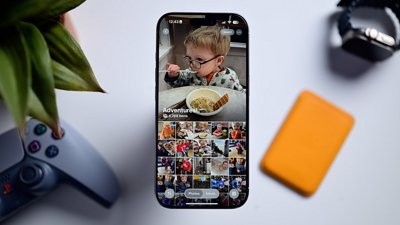
 Andrew O'Hara
Andrew O'Hara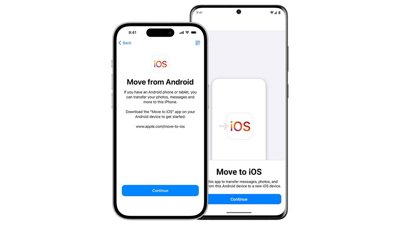
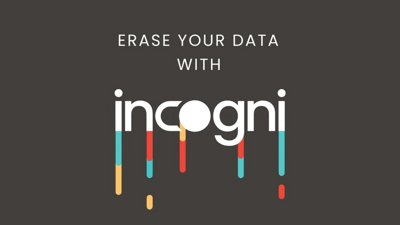
 Sponsored Content
Sponsored Content
 Charles Martin
Charles Martin









4 Comments
In fifteen years kids will laugh at the idea of bridging hardware for each home gadget. From a design standpoint the existing of bridging hardware offends me, as does Philips near-monopoly in the lighting industry.
Also, closely related I wish Apple would hurry up already and announce that new Home Wifi product we intuitively know they are working on. I’m not putting google Wifi near my home, but Apple need to hurry up and announce a product that can blanket a home in Wifi properly. I’d say Gruman will be proved wrong here, and hopefully soon. We’re waiting.
HomeKit adoption seemed like it was moving ahead fast already. I'm concerned that Apple's more open policy will just lead to shitter products that can wear the HomeKit badge.
FYI - WiFi and LTE have large broadcast ranges and thus demand a lot of power, so battery-powered products that support it have to be recharged often; BluetoothLE, not so much. Outside of dense urban environments, it is at least "inconvenient" to hack a low-powered BluetoothLE device while staying "out of view", whereas WiFi and LTE can be hacked from very very far away. (To control BluetoothLE devices via the Internet, one would want to use a security gateway equipped with LTE, WiFi or RJ45-Ethernet.)
I'm excited to hear this.
At the moment, only the largest companies with the deepest pockets can afford to spend the money on developing HomeKit products. This leads to them concentrating on the large markets like the US or only the safe high volume products.
Here in Australia, with only 24 million people at present, we don't even have an option to buy a HomeKit power outlet on a standard wall plate. We can only plug in a HomeKit adapter that looks like an AC travel adaptor.
I'm all for this. If companies like Cypress can get this difficult stuff sorted for developers/manufacturers. The HomeKit premium over a non automated products will eventually be 30% instead of 200-2000%
I think it's smart for Apple to do this to get the momentum going. The cost will come down when your average person knows what HomeKit is, not just people who read Appleinsider.